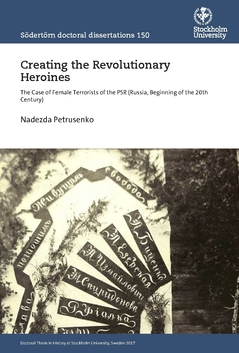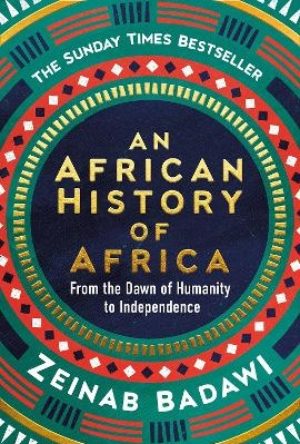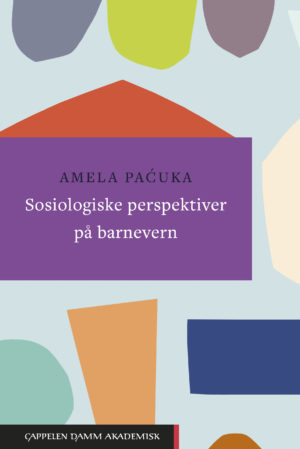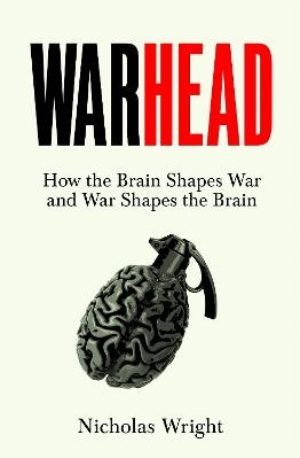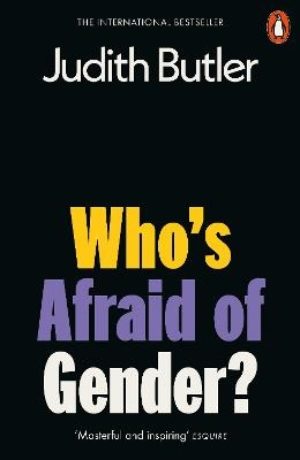Representing revolutionary terrorists as heroes and martyrs was a
typical feature of the mythology of the Russian revolutionary
underground at the beginning of the 20th century. The purpose of that
epos was to represent the revolutionary struggle, and individual
revolutionaries in such a way that they would gain sympathy from the
wider public and become role models for other revolutionary fighters.
Employing theoretical perspectives of Critical Discourse Analysis,
gender history and intersectionality, the dissertation analyses the way
narratives about the individual life paths of female terrorists of the
Party of Socialist Revolutionaries (the PSR), the biggest socialist party in Russia at the beginning of the 20th century, were constructed in their revolutionary auto/biographies. It analyzes how the lives of women from different social and ethnic origins, of different ages, with different life paths, who happened to be united only by their participation in the political terrorism of the PSR, were recounted with the help of narratives used in the Russian revolutionary underground.
Nadezda Petrusenko is a lecturer in history at Örebro university. This is her doctoral dissertation written at Södertörn University, Stockholm.
This is a Doctoral Thesis in History at Stockholm University, Sweden 2017
